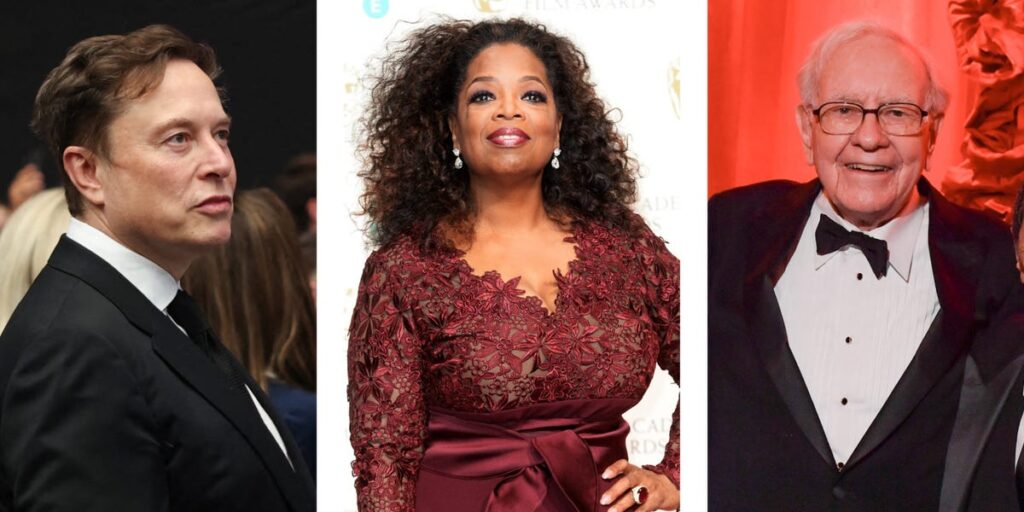What do all successful leaders have in common?
Executive coaches might highlight shared qualities such as authenticity, charisma, or even the ability to foster psychological safety.
That’s wrong, says Jon Levy.
Certainly, many influential people are intelligent and charming. But are any of these traits a prerequisite for wild success in a given industry? After all, some of the most famous leaders out there — say, Warren Buffett, Oprah Winfrey, and Elon Musk — don’t really have all that much in common, personality-wise.
It’s an epiphany that occurred to Levy, an author and behavioral scientist, after hosting hundreds of dinner parties for successful people across various disciplines. He said he realized how unique all the leaders he knew were.
“When you study behavioral science, you realize that basically in every area of life, the things that we assume are true are just completely wrong,” Levy told Business Insider. “You can’t tell me there are these universal things that leaders have to have.”
What leaders share
Levy explores what makes someone a successful leader in his third book, Team Intelligence: How Brilliant Leaders Unlock Creative Genius, which is out on Tuesday.
What Levy found through his research and conversations with heads of business is that there is, in fact, something that unites leaders, but it’s not as straightforward as charisma. After all, we can all think of bosses who are just plain awkward.
Instead, these individuals share an ability to make us feel like we will have a better future, he says.
“If you can help people feel that they will earn more, grow bigger yams, have more career success, raise better children, defeat their nemesis, or at least make their ex envious, they will follow you,” he writes.
Leaders don’t even have to execute on that promise, he points out. “Producing the results versus making people feel that the result will be produced are two completely different things.”
Cultivating strong teams
Levy challenges several traditional management ideas in this book, including the notion that corporate leadership training is an effective means of improving how execs manage. It’s an especially relevant subject, given that business coaching is a $20 billion industry in the US, according to IBISWorld.
Humans are complicated, and complex interpersonal skills can’t really be learned effectively in the abstract, said Levy. That’s why a “two-day leadership course at some Holiday Inn Express,” as he writes it in Team Intelligence, doesn’t actually result in managers suddenly being better equipped to give a challenging performance review or lead a more engaging meeting.
What does work, then? Leaning into what a specific leader is good at and coming up with a systemic solution to address their weakness.
“If you have a boss who is really terrible at giving feedback, then have somebody else give the feedback,” he said. “Make sure that chief of staff is somebody with incredible emotional intelligence. Why do we have to force the boss to spend hours to learn to be better at something, if that’s not their skill set?”
The smallest unit of effectiveness is not the individual, said Levy. It’s the team. That means teams can be more effective when training happens at the group level, he said, pointing to how Navy SEALs practice drills as a cohesive unit, rather than individually.
“If we want the team to perform, then they need to be able to work together.”
Read the full article here
















